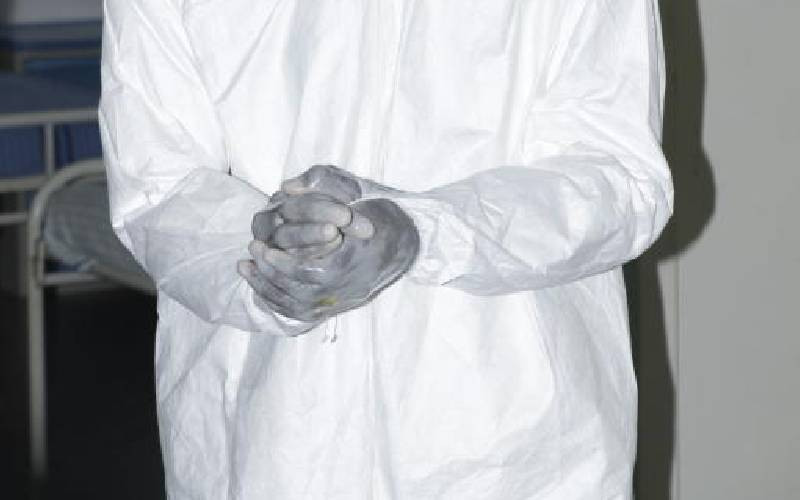×
The Standard e-Paper
Read Offline Anywhere

Emerging infectious threats constantly challenge the landscape of global health security.
Recently, two significant developments have drawn much attention to this field: The study of a pangolin coronavirus and the World Health Organisation's (WHO) warning about an imaginary pandemic, called 'Disease X', which is potentially 20 times more severe than Covid-19.